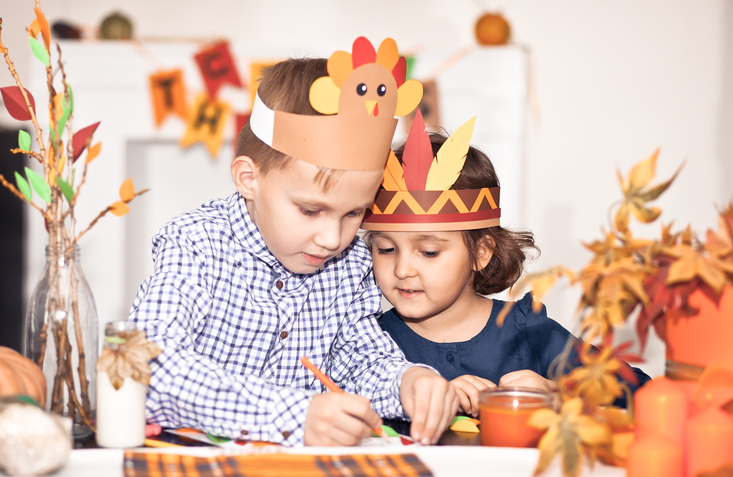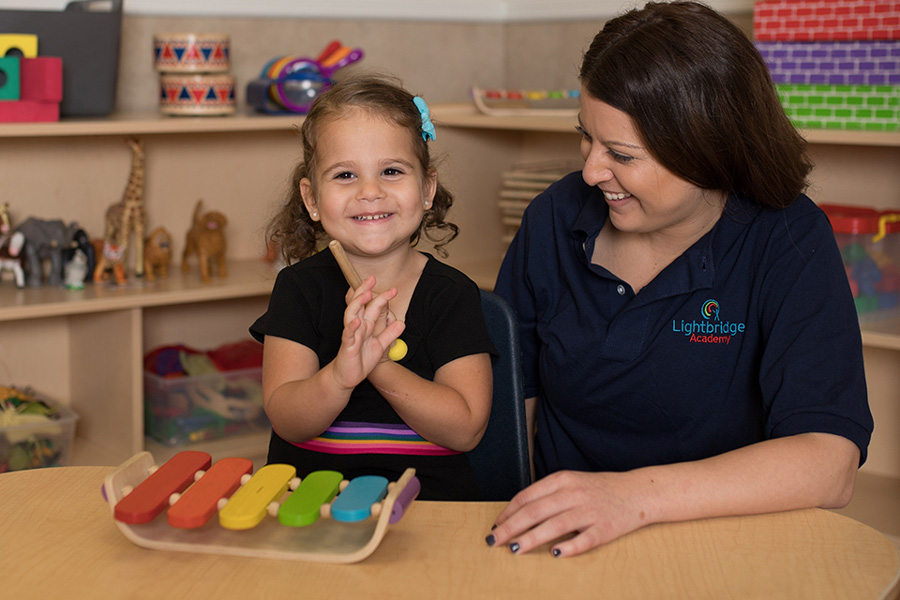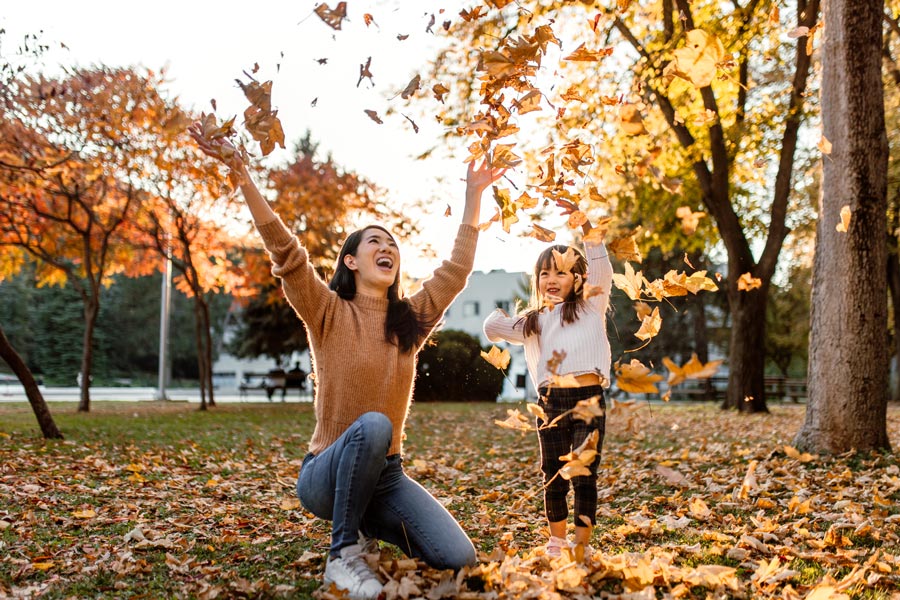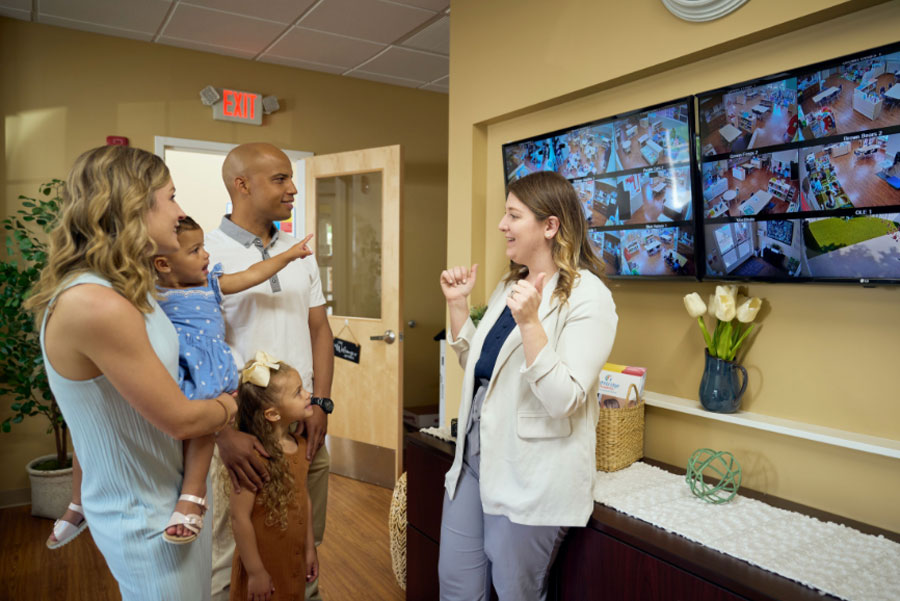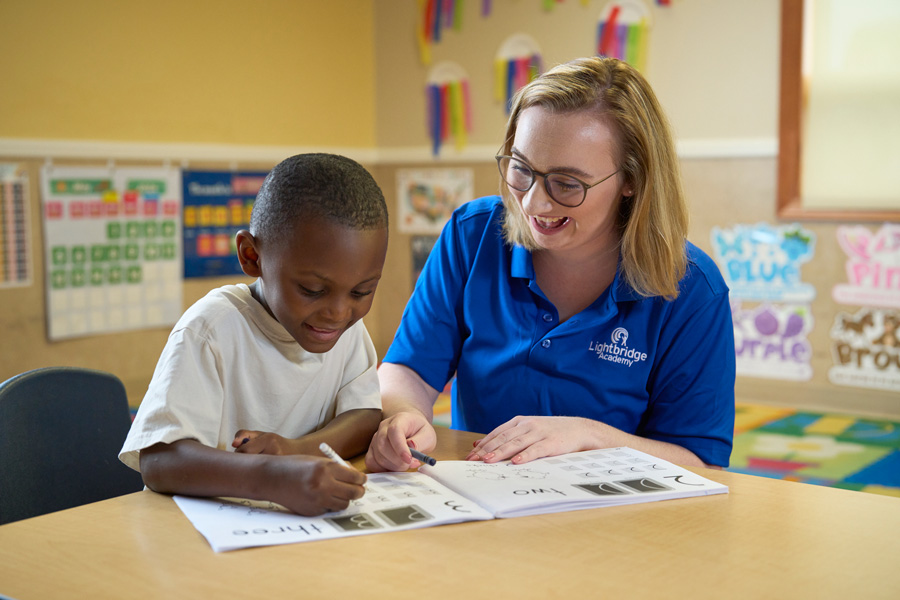Thanksgiving is a special time to come together with family and friends, share a delicious meal, and reflect on the things we are grateful for. It’s a holiday that provides a wonderful opportunity to teach children about the importance of gratitude and giving thanks. In this blog, we’ll explore some creative and engaging activities to help children express their thanks and embrace the spirit of Thanksgiving.
1. Gratitude Journals:
Encourage children to keep a gratitude journal where they can write or draw things they are thankful for. Each day, have them record something different, helping them focus on the positive aspects of their lives. These journals can be a lasting keepsake, showing how their appreciation evolves over time.
2. Thankful Trees:
Create a Thankful Tree as a beautiful and interactive decoration. Cut out paper leaves, and each day leading up to Thanksgiving, have children write something they’re thankful for on a leaf and attach it to the tree. This visual representation of gratitude can serve as a wonderful conversation starter.
3. Handprint Turkeys:
One of the classic Thanksgiving crafts for children is making handprint turkeys. Each finger represents something the child is thankful for. As they craft these colorful birds, they’ll also be reminded of their blessings.
4. Acts of Kindness:
Teaching children to be thankful also involves teaching them to give back. Have them engage in small acts of kindness, like making cards for elderly neighbors, helping set the table for Thanksgiving dinner, or sharing their toys. These actions help them understand the joy of giving.
5. Thankful Tablecloth:
For Thanksgiving dinner, spread out a plain tablecloth and provide fabric markers. Encourage children to write down their thanks, draw pictures, or even trace their hands with messages of gratitude. This personalized tablecloth can become a cherished tradition and conversation piece.
6. Gratitude Scavenger Hunt:
Create a scavenger hunt that guides children to find things they’re thankful for in and around the house or during a nature walk. This hands-on activity not only gets them moving but also helps them discover the beauty in the world around them.
7. Thankful Storytime:
Choose books that focus on the theme of thankfulness and read them together. Discuss the stories and ask children what they’re thankful for, connecting the literature to their own experiences.
8. Thank You Cards:
Provide materials for children to make thank you cards for family members, teachers, or friends. Expressing gratitude through handwritten notes is a valuable skill that can last a lifetime.
9. Thanksgiving Poems and Songs:
Encourage children to create their own Thanksgiving poems or songs. It can be a fun way for them to express their thanks in a creative manner, and they can even perform them for the family during the holiday.
10. Volunteer Together:
Depending on the age of the children, consider involving them in volunteer opportunities that are age appropriate. This hands-on experience will teach them the value of giving back and the importance of gratitude in action.
These activities not only bring the Thanksgiving spirit to life but also help children understand the true meaning of the holiday: giving thanks for what we have and showing appreciation to the people around us. By making gratitude a part of their daily lives, children can carry the lessons of Thanksgiving with them throughout the year.


